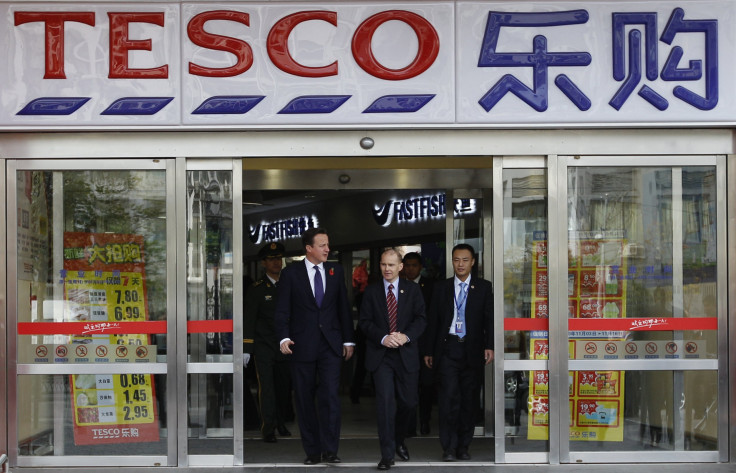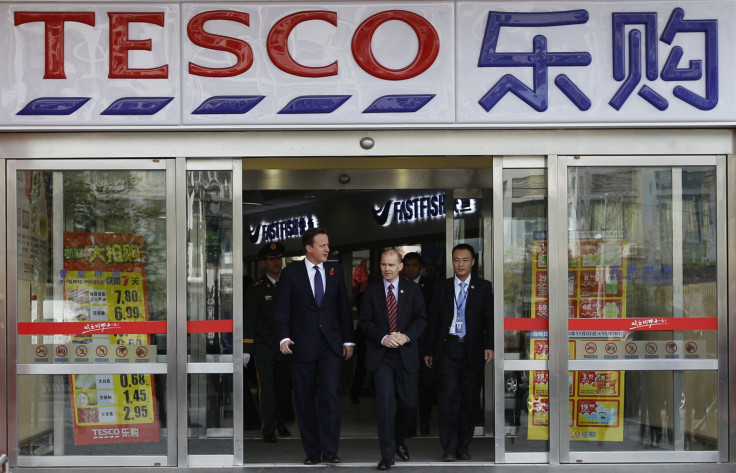Tesco Is Closing Its Fifth China Store In A Year, Likely More Stores To Close In The Future

Tesco (LON:TSCO), the British grocery and general merchandise giant is running into rough times in China. A store in Shanghai will close at the end of May, the fifth Tesco store to close in China since last year and the trend will continue. This is likely due to the chain’s lackluster performance in China. In nine years, Tesco has yet to turn a profit, according to Yicai, a major Chinese financial news website.
Tesco is the third-largest retailer in the world by revenue, and the second largest by profits, topped only by Wal-Mart (NYSE:WMT). It has stores in 14 countries and is headquartered in England.

Last year, Tesco closed four stores in the provinces of Anhui, Jiangsu, and Liaoning. Strategy adjustment was given by the company for store closures. Now, a 4-year-old location in the city of Qingdao in Shandong province will close in June. In addition, another location in Shanghai, which has had decent sales, will be at the end of its lease for the store space at the end of this year, and as of yet, the contract has not been renewed, Yicai reported.
Tesco is under heavy pressure to perform in China. Since the company expanded into China in 2004, its Chinese operations have yet to turn a profit as a whole, which may explain its move to close some of its less profitable locations. Last year, Tesco’s sales were 1.4 billion pounds ($2 billion).
An insider who preferred to remain unidentified said Tesco’s troubles are mainly because of the lack of generic store brands, low price positioning and high cost of human resources.
“Tesco has made some strategic errors in China that are now causing layoffs and store closures,” the insider said. “First, Tesco’s success overseas is due in large part to its store brand, which would have highlighted the company’s lower prices. In Tesco’s British markets, more than 40 percent of the products are store brand, but there is very little in its Chinese stores, less than 10 percent.”
In addition, many of Tesco’s competitors have rolled out high-end supermarkets, but Tesco has never been able to upgrade its positioning in China, the insider added. Even though supermarkets are value chains, they can sell quality products under their own brands for a slightly higher profit margin. Unfortunately in China, Tesco has to work through distributors, and it is relatively hard to import products, which makes it difficult for Tesco to up its positioning.
Last year, in an effort to trim costs, Tesco carried out a round of layoffs in its China branches. However, because its China operations became shorthanded after layoffs, Tesco contracted out part of its businesses in China, which, instead of cutting costs, actually made its costs higher in some places, according to Yicai.
© Copyright IBTimes 2024. All rights reserved.




















